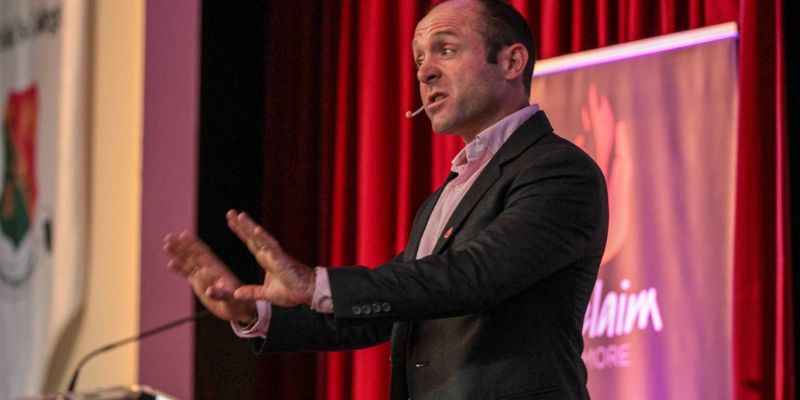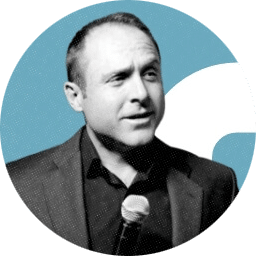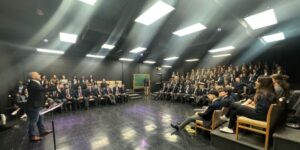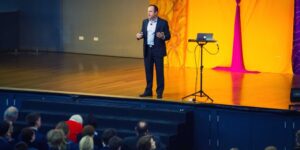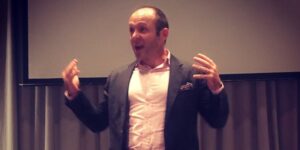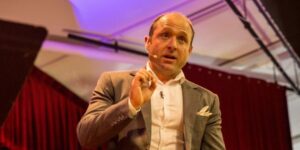Welcome to the Daily Podcast with Jonathan Doyle! Today, we’re diving into the power of positive language for personal growth. By shaping our vocabulary, we can transform our reality. Join me as we explore how simple shifts in language can lead to profound changes in mindset and outlook. Let’s make every word count on our journey to a brighter future. Thank you for tuning in!
Boost Your Daily Podcast Experience
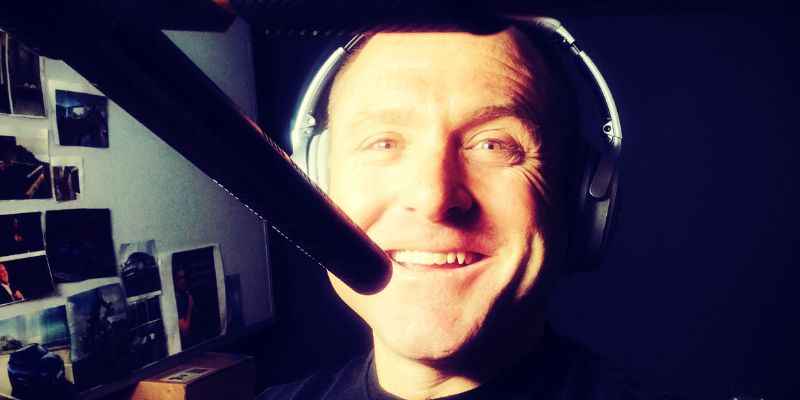
Hello there! My friend Jonathan Doyle is with you once again. Welcome to the Daily Podcast. Thank you for tuning in, as always. Please make sure you’ve subscribed. It does help the podcast. And if you know how to do such a thing, you could leave a review, which helps people find it. Podcasts are great.
Actually, yesterday I had a whole bunch of projects I was working on around our house, and I think I spent four hours listening to just really interesting people. It’s been such a great format. I love how the podcast industry gives all of us a chance to be exposed to new and interesting ideas.
If you want to help people find what we share together on this podcast, please leave a review, make sure you’ve subscribed, and everything else you need to know about me. You can find it on the website at jonathandoyle.co.
From Groundsman to Growth: My Journey with Personal Development at 17

All right. My friend, let’s jump in. Today, I want to talk about the concept of transformational vocabulary. Before I take you into what that means and why it’s going to be useful for you, I just want to remind us all of the truth that is easy to forget: personal development and personal growth are work. We don’t just sit in a corner and think the occasional nice thought and hope that everything is going to be radically transformed for us. What actually matters is what we do.
We actually have to do specific things, and it’s work. For many years, I’ve been interested in this space and trying to share ideas in it. But even for someone like me who’s been there, I can remember seeing myself sitting at a table. I think I was about 17 years old. And I had this part-time job working as a groundsman, I don’t know what you call it in different parts of the world, but at the school that I went to, one of the principals was a great person and gave me a job in the summer break.
There I was working, and I became friends with one of the other grounds person. He was an older man, and he was interested in this stuff too. He was also so interested in a network marketing scheme. So he ended up inviting me around to his house, and I was sitting there with him and his wife, and he just started talking to me about personal development stuff.
In some sense, looking back, even as I talk to you guys, I think that’s where it started. He put me on a couple of books, and that got me interested. And off I went, but what I have learned after all these years is that it’s work. We’ve got to work at it. And. That’s why we’re a culture of immediacy, aren’t we? You just want the result fast, and we forget that we have to work.
Decoding Transformational Vocabulary: A Simple Tool for Positive Change
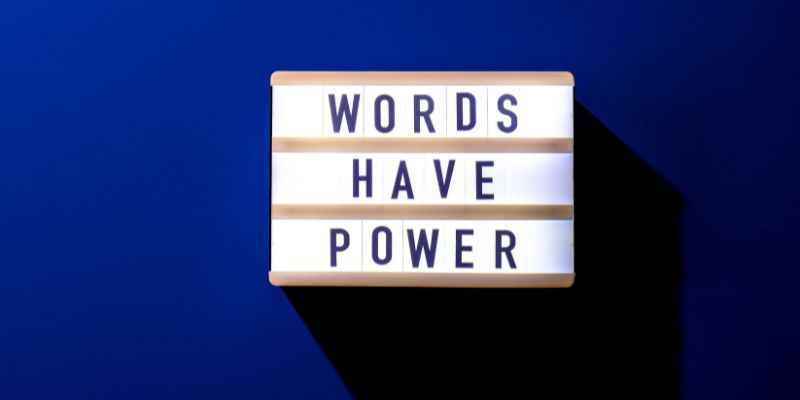
So we are going to have to work. And we’re going to work on this today, and it’s called transformational vocabulary. It’s a very simple idea. I think it’s an idea that people resist because it sounds too straightforward, and we don’t want to actually realize its potential to make a difference. And basically, transformational vocabulary is just around the words that we use to describe our experience. We use the words that we use to describe our experience because we do know that the language that we use to describe our specific experience of reality does have a biochemical and neurochemical component.
So different kinds of languages are obviously being shaped in the brain. And there’s obviously a different neurochemical outcome for the language that we use. So the obvious example would be when someone says, How are you? No, there’s a difference when you say it. Yeah. I’m okay. As opposed to something my brother used to say, which was. People would say, How are you guys? and he would answer, ‘How am I? If I were any better, I’d be twins.’
You get the idea that the language and the way that we speak have a significant impact on our quality of life and our experience of life. So the way that we change our brains—the way they begin to change our experience of reality—is to begin to change the language that we use consistently.
Living Beyond Language: Rethinking the Connection Between Words and Reality

I remember this family that I loved and stayed with many years ago. And it struck me at the time that they had this kind of family mantra. They were always talking about how tired they were. They were like, Oh, I’m so tired. The parents would say, and the kids would be like, They asked the kids to do some chores, and the kids became so tired. And I don’t think they even noticed they were doing this constantly. With this mantra, I’m so tired, it became a real family thing.
And I noticed; I was like an observer to it, and I was like, It was so repetitive, so constant. Is it not possible that they began to live with that reality? They could have said if you were feeling physiological tiredness, you could have said, I’m not a hundred percent, but I’m still feeling pretty good. You could have said that. They didn’t; they said I’m so tired. I’m exhausted.
As with the other one, they always said I’m exhausted. To be exhausted is to be spent; to have nothing left in the tank. Wherever you sit on this spectrum, some people will think not; it doesn’t matter. It doesn’t matter what language you use. Reality is reality, and it’s irrelevant. All the other way, you’ll have people say language completely shapes your reality. I’m probably somewhere towards the further end of it. It shapes your reality curve. Probably pretty far down that end.
Overcoming Generational Negativity: Journey to Positive Language
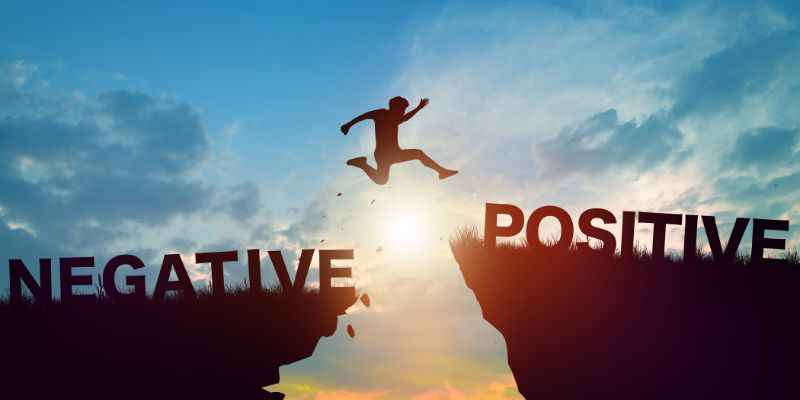
It’s something that I have to watch for myself and monitor for myself. We don’t want to believe this is true because of how it sounds. I think one of the reasons we might not want to believe this is because it puts a real emphasis back on ourselves. I think, as a culture, we’re very used to being blamed; we’re very used to externalizing our problems and trying to find some external reason why it’s somebody else’s fault.
But then, when we begin to use our language, we can begin to have a different experience. We always come back to things like the work of Viktor Frankl. In man’s search for meaning, because he’s the example of the extremities of this. He was imprisoned in the extermination camp at Auschwitz. And his observations about who survived and who didn’t. It really came down to beliefs, language, and how they conceptualized what was happening.
I’ve had to come at this over many years. It’s not innate for me. God rest his soul, but my father suffered from depression most of his life. So I grew up in a home where there was a lot of language. There is a lot of negativity surrounding this type of situation. And so that stuff gets into your DNA.
So if I’m sharing this with you, it’s because I’ve had to work at it very hard for many years and still do. My notes here that I took awhile ago. Words create a biochemical change in the body. The words that we attach to our experience. Become our experience. The words that we attach to our experience become our experience.
Because we have to explain it to ourselves, right? When we have an experience in life, we have to conceptualize it and use language to describe it. To remind ourselves about it and give it shape, but we lose track of the fact that we are in control of that language.
Connect with Jonathan Doyle: Join the Positive Language Movement
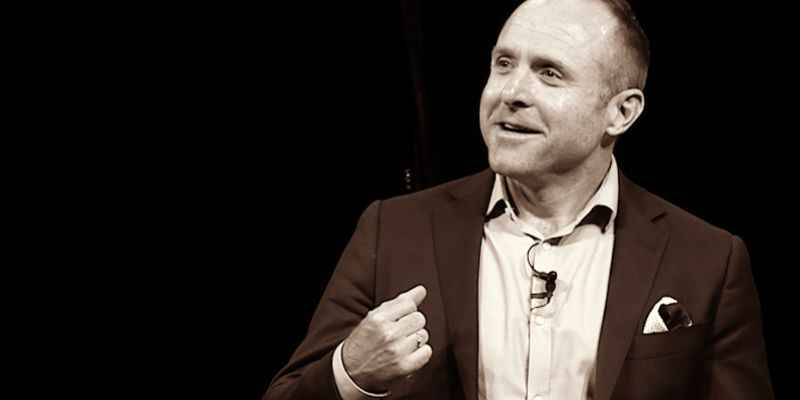
So, can I encourage you today as you go through your day? Just try and catch yourself; do a bit of a self-audit. As you notice yourself talking to people, just practice this. When someone says to you over the next way for us, how are you? Just go; I am actually fantastic. I just cannot imagine feeling any better than I do right now. Now people laugh, but just try something along those lines. Just try it. And just notice what it does to your state over time.
So we want to work on TV, transformational vocabulary, using language that serves us, even if we do not feel like it. As I’ve said to you a thousand times, if you wait to feel like doing some of the things that you need to do, you could be waiting an extremely long time, such as forever. So we have to take action. We have to be the central actors in our own drama and make things happen by using these kinds of techniques.
My friends please do a self-audit and get on top of that language. I’m going to go into my day. I’m going to leave the studio soon, and I’m going to get stuck in to it too. It is not easy, but possible. We got this, okay. This is who we are. This is the kind of person who listens to this content. We’re going to do the work.
Come and say good day on Instagram. I’m at @jdoylespeaks, and one word at JDoyle speaks. Go to the website, jonathandoyle.co, and check out what I do there. All the speaking work, consultancy work, and coaching work. It is all there on the website.
If you’ve got a friend or family member that needs some encouragement, send them a link to this show today, my friends, God bless you. My name’s Jonathan Doyle. This has been the daily podcast, you and I are going to talk again tomorrow.
